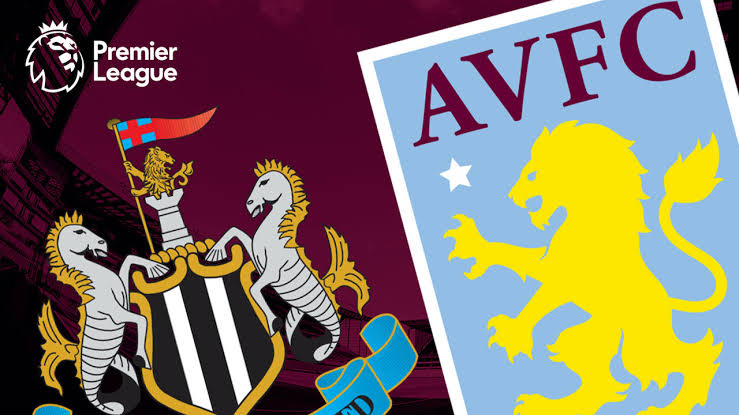“It is NOW closer than Ever!! Newcastle United and Aston Villa on brink of £105m breakthrough
Newcastle United and Aston Villa are among a group of clubs pushing for a relaxation of the current Premier League spending regulations, specifically the Profit and Sustainability Rules (PSR). These rules, previously known as Financial Fair Play (FFP), have limited Newcastle’s ability to fully utilize the vast wealth of their owners, the Saudi Public Investment Fund (PIF), widely regarded as the wealthiest owners in football today. Despite their financial backing, Newcastle’s spending remains constrained by these regulations.
Aston Villa, under the ownership of billionaires Wes Edens and Nassef Sawiris, have also felt the sting of these rules. In their bid to compete at the highest level and secure a spot in the UEFA Champions League, Villa have made significant financial gambles. However, to meet PSR requirements, they have been forced into difficult decisions, including the sale of key players like Douglas Luiz. The effectiveness and fairness of the PSR system have been questioned in recent times, particularly following Leicester City’s escape from sanctions on a technicality, despite admitting to breaking the rules. This incident has eroded trust in the system among many clubs.
The Premier League, grappling with regulatory challenges, has seen its legal expenses skyrocket, with costs rising to over £45 million last season from £20 million the previous year. The league is currently engaged in several significant legal battles. The most high-profile of these is its case against Manchester City, where the club faces 115 charges for alleged financial rule breaches. However, another ongoing case has attracted substantial attention: Manchester City’s legal challenge to the Premier League’s Associated Party Transaction (APT) rules.
The APT rules are designed to prevent clubs from inflating their commercial revenue through deals with companies closely linked to their owners. These transactions must be evaluated for fair market value, a measure that Manchester City claims is anti-competitive. The outcome of this case could have far-reaching consequences for the entire league, especially for clubs like Newcastle and Aston Villa.
Under current Premier League regulations, clubs are allowed to incur losses of up to £105 million over a rolling three-year period, provided these losses are covered by the owners. Both Newcastle and Villa have operated close to this limit during the 2023-24 assessment period, which has placed constraints on their ambitions in the transfer market. However, if the APT rules were to be successfully overturned, it would pave the way for owners like Edens, Sawiris, and the PIF to boost their clubs’ revenues through sponsorship deals funded by their ownership, effectively bypassing PSR restrictions.
Recently, reports surfaced suggesting that Manchester City may have scored a victory in their challenge to the APT rules, following the removal of a vote on the subject from a Premier League meeting agenda. However, these claims have been met with skepticism, with other sources suggesting the outcome of the case is far from clear-cut. The Premier League has remained tight-lipped about the situation, leaving many to speculate on the potential implications.
Aston Villa have been more vocal in their opposition to the APT rules and have openly supported Manchester City’s stance on Premier League spending regulations. On the other hand, Newcastle have remained discreet but are believed to be quietly hopeful that a ruling in favor of Manchester City would benefit their financial position.
Looking ahead, both Newcastle and Aston Villa will face new financial challenges. From next season, the Premier League is expected to introduce a revamped PSR system. This new framework, currently being trialed on a shadow basis, will impose stricter limits on club spending, capping expenditures on wages, transfers, and agent fees at 85% of a club’s annual revenue. This model is similar to the system being phased in by UEFA, and both Newcastle and Villa have been preparing for its implementation.
If this cap is confirmed, both clubs will need to find ways to increase their revenues or reduce player-related expenses in order to stay compliant. Given their current financial positions, this could mean more player sales, wage reductions, or efforts to secure higher commercial revenues through sponsorships and other means. For Newcastle and Villa, the coming seasons will be a balancing act between their financial ambitions and compliance with the Premier League’s evolving regulations.
